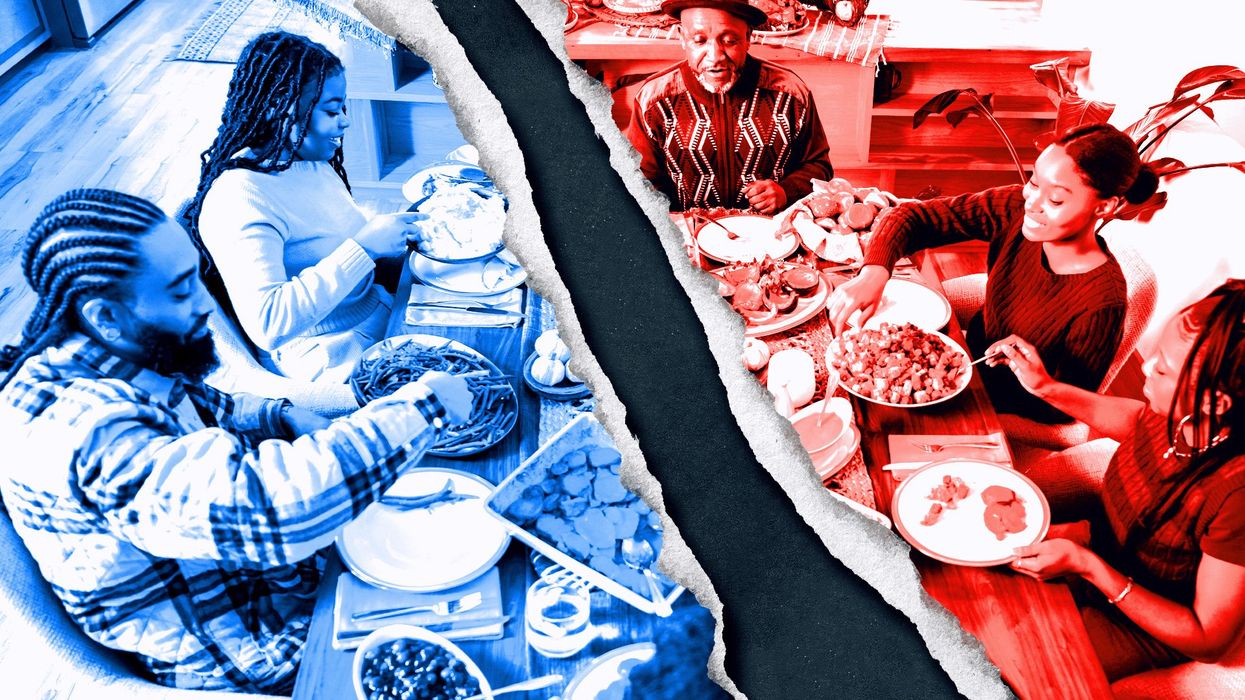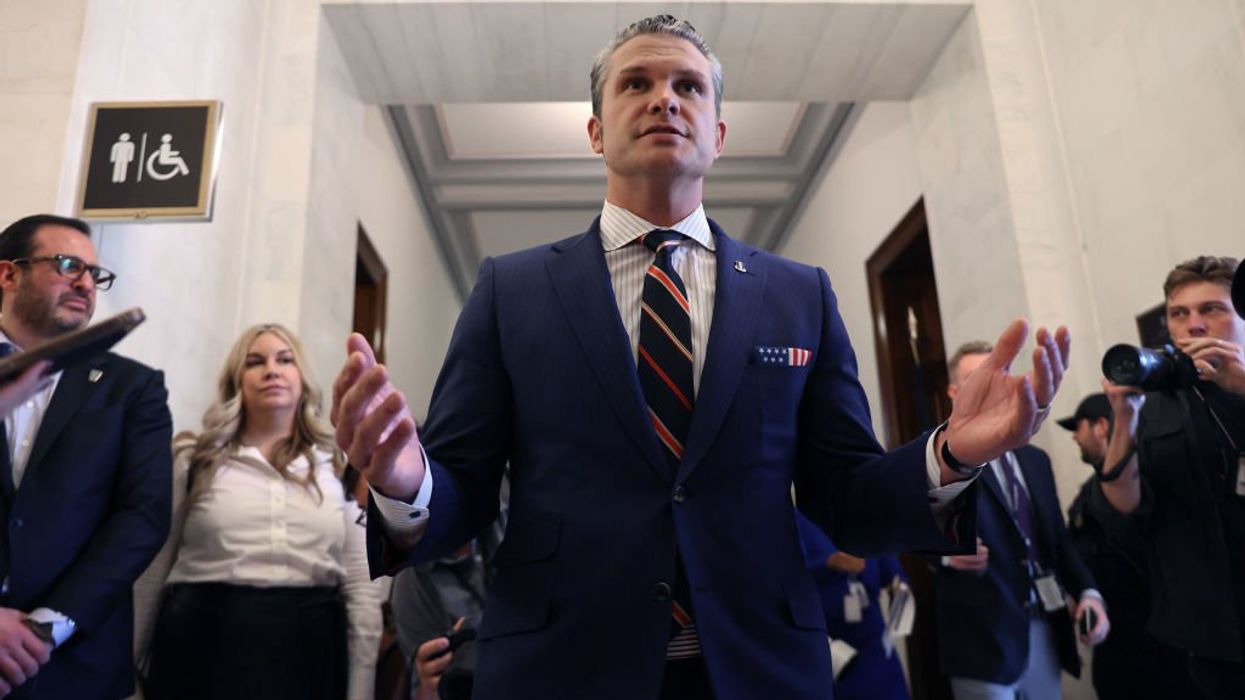© 2024 Blaze Media LLC. All rights reserved.
Tomorrow, the FCC will vote on whether or not to extend its tentacles to internet regulation. In preparation, I thought I would provide links and excerpts to some essential reading.
Republican FCC Commissioner Robert McDowell explains in today's Wall street Journal why he is against giving the FCC new sweeping power:
Nothing is broken and needs fixing, however. The Internet has been open and freedom-enhancing since it was spun off from a government research project in the early 1990s. Its nature as a diffuse and dynamic global network of networks defies top-down authority. Ample laws to protect consumers already exist. Furthermore, the Obama Justice Department and the European Commission both decided this year that net-neutrality regulation was unnecessary and might deter investment in next-generation Internet technology and infrastructure.Analysts and broadband companies of all sizes have told the FCC that new rules are likely to have the perverse effect of inhibiting capital investment, deterring innovation, raising operating costs, and ultimately increasing consumer prices. Others maintain that the new rules will kill jobs. By moving forward with Internet rules anyway, the FCC is not living up to its promise of being "data driven" in its pursuit of mandates—i.e., listening to the needs of the market.
An IBD editorial shows how net neutrality is part of a larger push to let government (specifically the UN) control the internet:
The U.S. media don't seem interested in the United Nations' attempt to invade the private sector, so word that the international body "is considering whether to set up an inter-governmental working group to harmonize global efforts by policy makers to regulate the Internet" had to come from an Australian outlet called iTnews.Nothing new here. The U.N. has been wanting to run the Web for years and is not letting a crisis — the WikiLeaks releases — go to waste. Following the Chicagoland model, it has plans to form an intergovernmental group that would "attempt to create global standards for policing the Internet."
The meeting delegate from Brazil, which is pushing the proposal, told iTnews that the plan isn't to take over the Web. Which is no reassurance at all. Whenever an elected official or bureaucrat says a program won't cost much or the regulation being considered won't be a burden, history teaches us to expect the exact opposite.
This big idea is coming only a few months after the Internet Governance Forum, a group that consults with the U.N., met in Vilnius, Lithuania. Its goal: to save the Internet with an international treaty that would include net neutrality.
The U.N. is talking about regulating the Web. Meanwhile, Washington is moving toward regulating online news and information content. Though not unexpected, these are deeply disturbing developments.
Not surprisingly, The Hill reports Democrats are putting pressure on FCC Commissioner Michael Copps to vote in favor of enacting net neutrality rules, and once again invoking perpetual campaign language:
The Democrats have a message for FCC Commissioner Michael Copps: Don't screw things up on net neutrality.Democrats allied with FCC Chairman Julius Genachowski are working to put public pressure on Copps—also a Democrat—as the net-neutrality vote draws near.
Genachowski needs Copps to vote for his plan during a commission meeting on Tuesday if the rules are to pass.
As a result, Democrats who support the plan are pushing this message in the media: If Copps doesn't vote for Genachowski's plan, the consequences will reverberate all the way up to the White House. They are arguing that the damage could even hurt President Obama.
A prominent Democrat close to the White House said it this way on Friday: "If Copps votes no on Tuesday, he'd be handing the president a huge loss at a time when the Democrats should have a big win."
And in other news, Al Sharpton is concocting a plan to have conservative talk show hosts censored. Now isn't that just a happy coincidence.
Want to leave a tip?
We answer to you. Help keep our content free of advertisers and big tech censorship by leaving a tip today.
Want to join the conversation?
Already a subscriber?
more stories
Sign up for the Blaze newsletter
By signing up, you agree to our Privacy Policy and Terms of Use, and agree to receive content that may sometimes include advertisements. You may opt out at any time.
© 2024 Blaze Media LLC. All rights reserved.
Get the stories that matter most delivered directly to your inbox.
By signing up, you agree to our Privacy Policy and Terms of Use, and agree to receive content that may sometimes include advertisements. You may opt out at any time.


